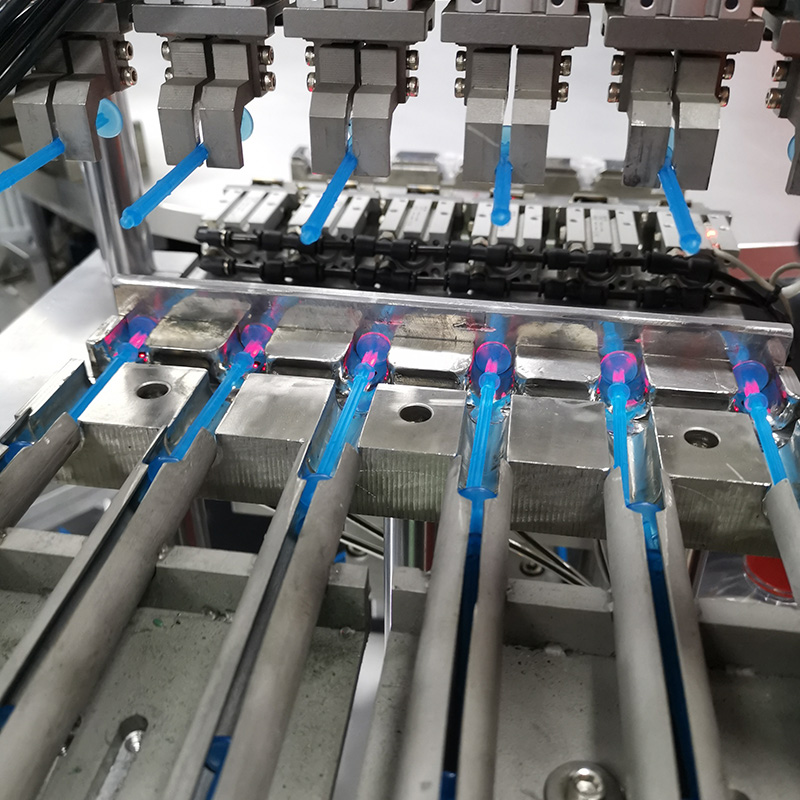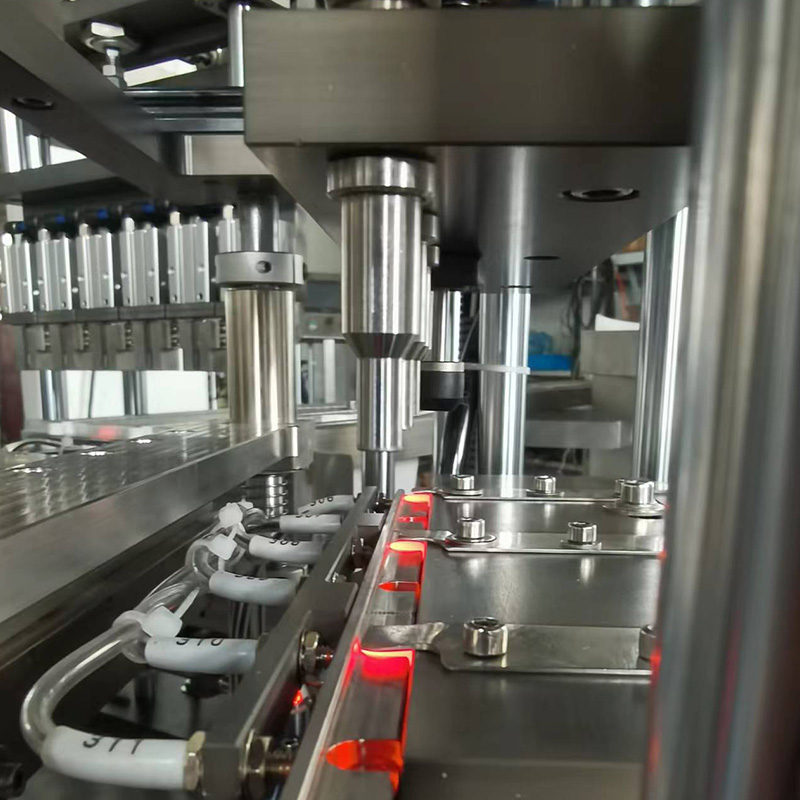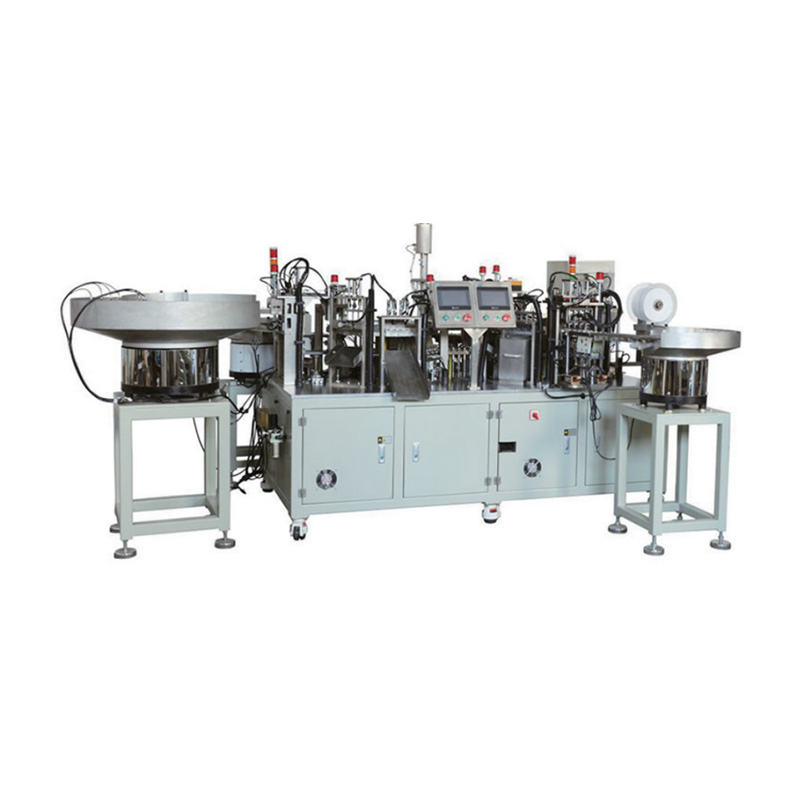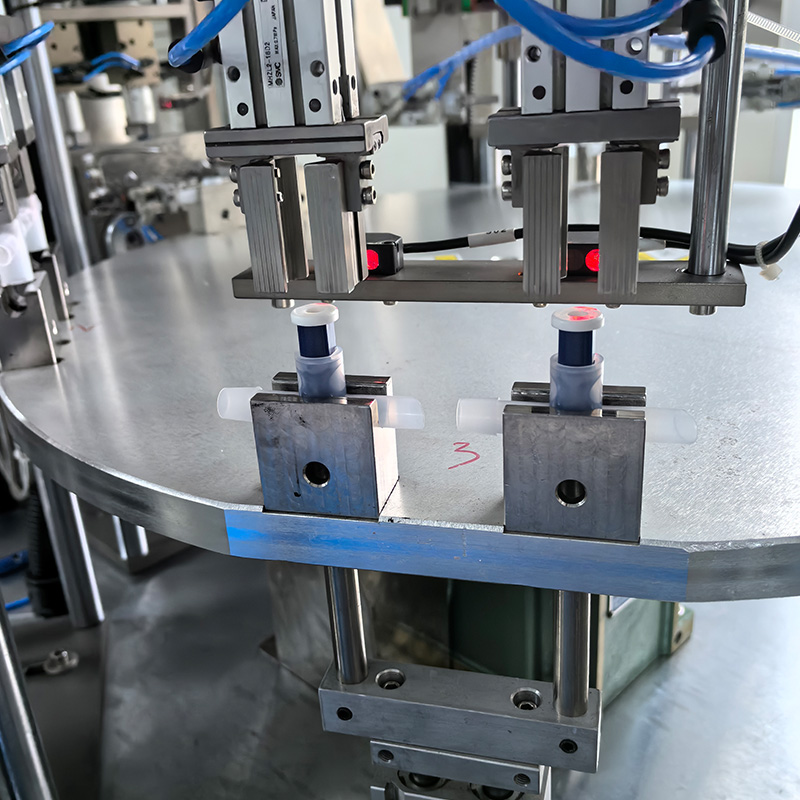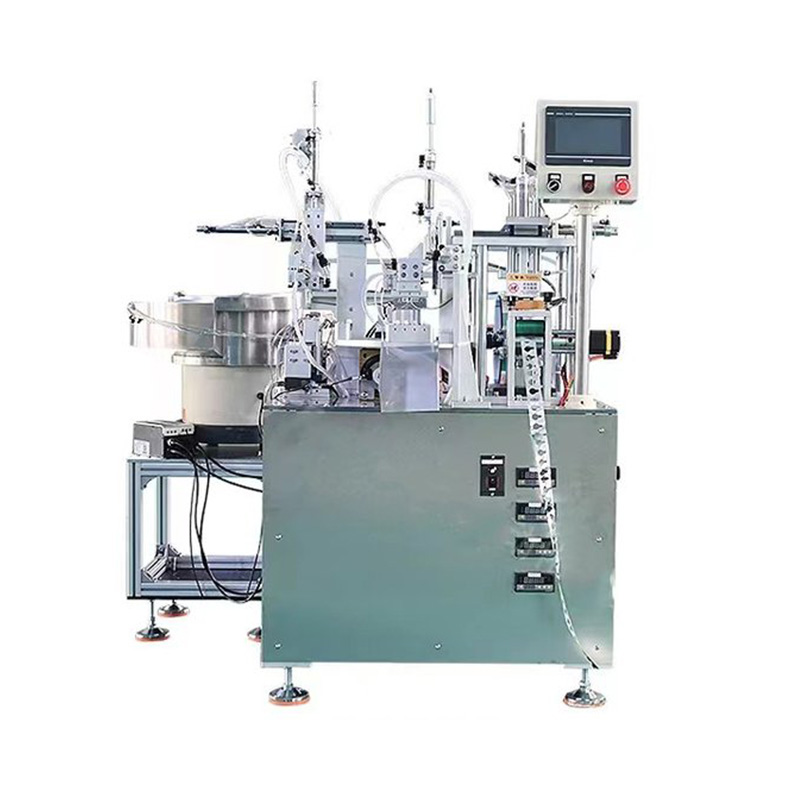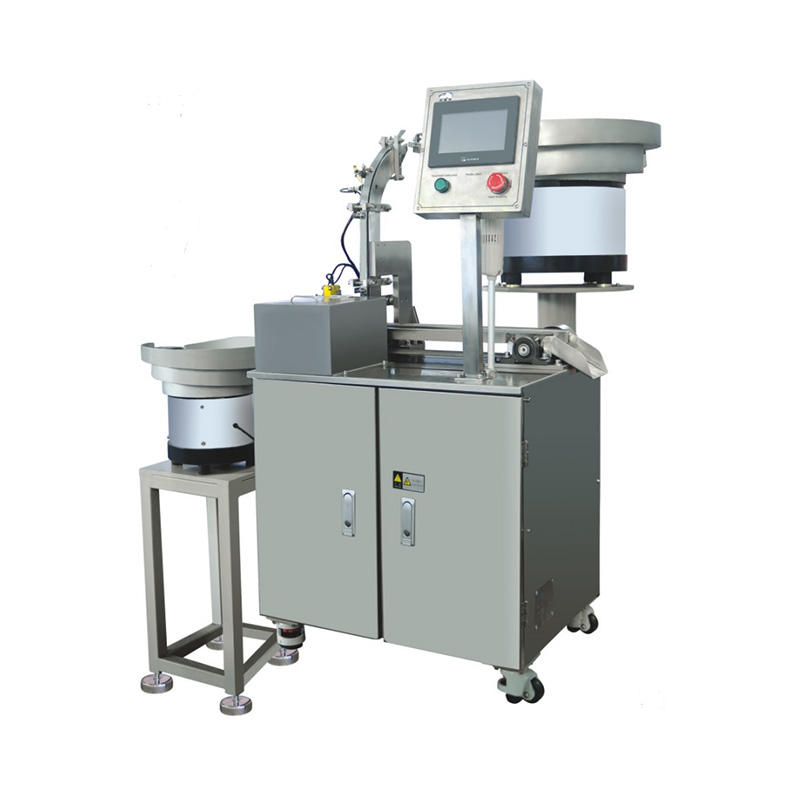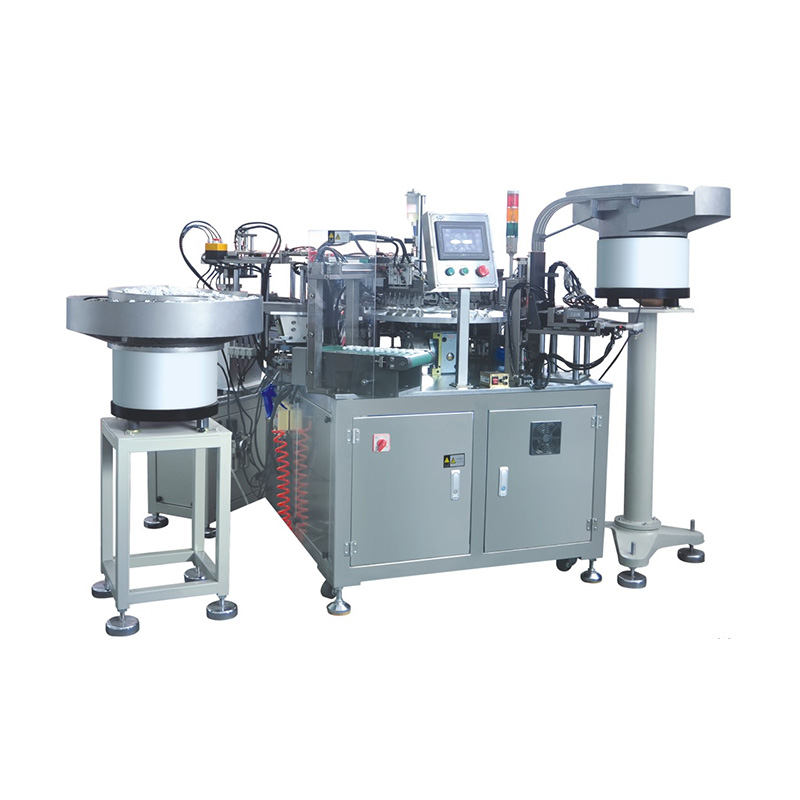China Zhejiang Taizhou Ambe Trading Co., Ltd. is a manufacturer specializing in the production of medical equipment automation equipment.
In recent years, the global healthcare industry has undergone a significant transformation, driven by rising demands for safe, efficient, and scalable medical solutions. Among the critical components of this transformation is the modernization of syringe production, a core element in drug delivery systems. With increasing vaccination programs, chronic disease treatments, and the growing reliance on injectable medications, the need for reliable, high-volume syringe manufacturing has never been greater.
To meet this demand, manufacturers are turning to advanced technologies such as the automatic syringe assembly machine, which automates the complex process of assembling individual syringe components. This system efficiently integrates the barrel, plunger, gasket, and needle hub—ensuring each element is precisely placed, secured, and inspected. As a result, manufacturers are able to produce syringes at a much faster pace while maintaining the rigorous quality standards expected in the medical field.
The assembled syringe system represents another significant advancement in this space. It combines a streamlined configuration of machinery, sensors, and quality control modules, allowing for a fully connected production environment. This system goes beyond just mechanical assembly; it incorporates data tracking, error detection, and feedback loops that ensure consistency and safety across each unit produced. By integrating digital monitoring tools, these systems can quickly adapt to variations in materials or production conditions, reducing downtime and waste.
Complementing these advancements is the syringe filling assembly machine line, which automates the critical step of filling the syringe with the required medication. Whether the product is a vaccine, insulin, or another injectable therapeutic, accuracy in dosage and sterility is paramount. These filling lines are equipped with precise volumetric controls, sterile enclosures, and automated inspection systems to ensure each syringe is filled according to exact specifications. Once filled, the syringes are sealed and labeled, ready for packaging and distribution.
The integration of these three components—automatic syringe assembly, complete assembled systems, and filling machine lines—marks a shift toward more intelligent and cohesive manufacturing ecosystems in the medical device sector. Rather than operating as isolated units, these machines now function in a synchronized manner, improving workflow, reducing human error, and accelerating throughput.
This holistic approach to syringe production is particularly valuable in times of public health urgency. During global immunization campaigns, for instance, the ability to produce millions of pre-filled syringes in a short time can have a direct impact on patient outcomes. Moreover, by reducing manual intervention, the risk of contamination is significantly lowered, supporting higher levels of safety and regulatory compliance.
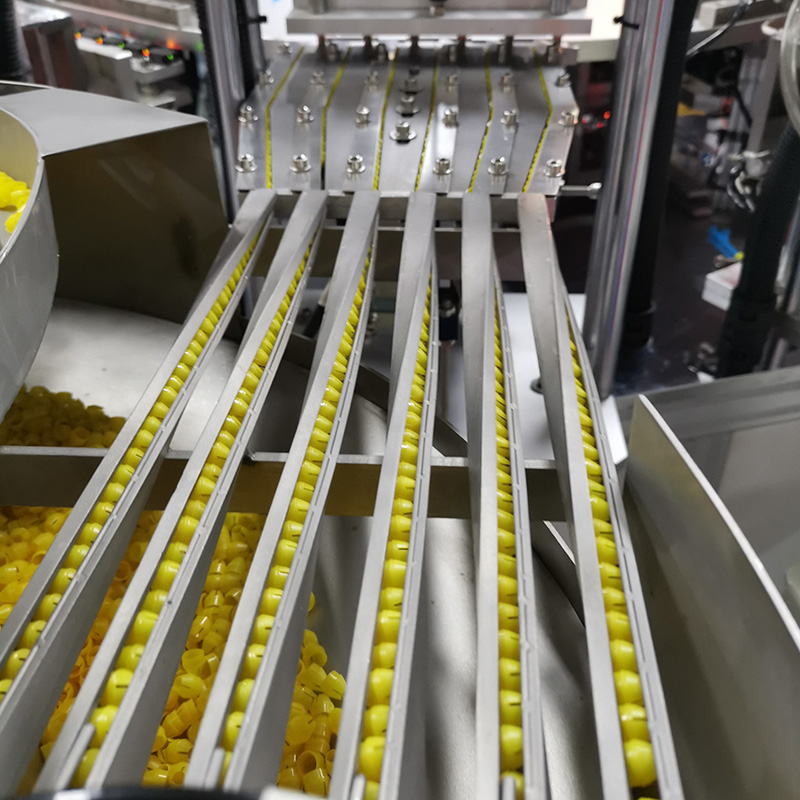
Manufacturers are also benefiting from the modular design of these systems, which allows for customization based on specific production needs. Whether a facility is producing standard disposable syringes or specialized units for biotechnology applications, the flexibility of modern assembly and filling lines makes it possible to scale operations efficiently.
Additionally, many of these systems now support remote diagnostics and predictive maintenance features. This means potential mechanical issues can be identified before they cause disruption, further increasing uptime and productivity. In an industry where consistency and reliability are non-negotiable, these innovations offer a considerable advantage.
As the healthcare industry continues to grow and diversify, so too must the technology that supports it. The convergence of automatic syringe assembly machines, assembled syringe systems, and syringe filling assembly machine lines is shaping a new standard for medical device manufacturing. By investing in automation and integration, companies are better equipped to meet global healthcare needs—delivering quality products faster, safer, and with greater precision than ever before.

 English
English русский
русский Español
Español

